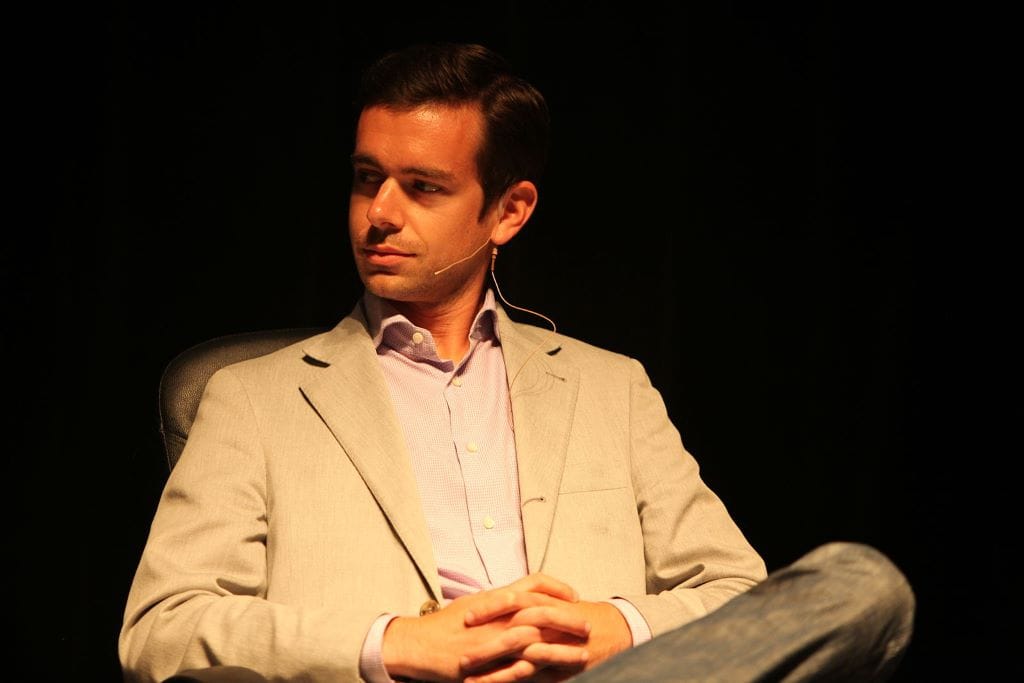Google Facing App Store Suit, Shareholder Suit Against Twitter Buy, Fiber Optic Technician Training Nationwide
Match Group is suing Google over its alleged restrictive app store billing practices, as lawmakers consider legislation tackling the issue.
Teralyn Whipple

May 10, 2022 – Match Group, the company behind popular dating apps such as Tinder and Match, filed a lawsuit against Google on Monday alleging restrictive billing policies on the Play Store.
Match alleges that Google’s billing system “illegally monopolized the market for distributing apps” on Android by forcing apps to use Google’s billing system, on which Google takes a cut of the payments.
“Google lured app developers to its platform with assurances that we could offer users a choice over how to pay for the services they want,” Match Group’s complain reads, according to The Hill. “But once it monopolized the market for Android app distribution, Google sought to ban alternative in-app payment processing services so it could take a cut of nearly every in-app transaction on Android.”
The Google Play store has become the only viable mobile app distribution channel for Android operating systems through contractual agreements between Google and equipment manufacturers, even though Google, unlike Apple, allows other app stores on their devices, according to the report, citing Match’s complaint.
A Google spokesperson, according to The Hill, said the lawsuit is “just a continuation of Match Group’s self-interest campaign to avoid paying for the significant value they receive from the mobile platforms they’ve built their business on… Like any business, we charge for our services, and like any responsible platform, we protect users against fraud and abuse in apps.”
Match Group’s complaint follows lawsuits filed against Apple in 2020 for demanding a 30 percent commission on in-app purchases on the iOS app store.
Lawmakers are currently considering the Open App Markets Act, which, if passed, would prohibit app stores with more than 50 million domestic users from requiring app developers from using in-app payment options controlled by the application store owner. The act was passed by the Senate Judiciary Committee in February.
Shareholders bring suit against Twitter buyout
A Florida pension fund has filed a lawsuit Friday to stop SpaceX and Tesla CEO Elon Musk from purchasing social media company Twitter, citing Delaware law forbidding quick mergers if the purchaser owns more than a certain portion of the company.
While Musk only purchased 9.2 percent of the company early last month, the Orlando Police Pension Fund claims, according to Competition Policy International, that because the billionaire had the support of other big Twitter shareholders – including company founder Jack Dorsey – he symbolically had more than 15 percent of the company stake, triggering a law that requires a three-year delay in the deal’s completion unless two-thirds of shares he does not own agree to the deal.
Musk, who only received approval from Twitter’s board, reportedly hopes to complete the deal this year and claimed Thursday that he had raised around $7 billion to help fund the buyout.
Dorsey and Twitter CEO Parag Agrawal were named as defendants alongside Twitter and its board. The lawsuit claims that Twitter directors breached their fiduciary duties.
The suit comes a week after FCC Commissioner Nathan Simington said that the agency has no authority to block Musk’s acquisition of Twitter and, even if it did, it shouldn’t, following similar sentiments from colleague Brendan Carr.
Schools across nation adopt broadband training programs
Community colleges are adopting more programs to train fiber optic technicians to satisfy demand as broadband deployment levels increase, according to a Monday report from Telecompetitor.
The State University of New York Westchester Community College offers a three-day fiber technician training course. The students are prepared to take the certified fiber optic technician examination sanctioned by the Fiber Optics Association at the end of the course.
SUNYWCC claims that graduates of the program “may have a job the same day” through their placement program for certified students.
In Alabama, Cullman Electric Cooperative and Cullam Area Technology Academy partnered to develop a program to teach high school students the basics for fiber optics and electric lineman work. These students will obtain certification and fiber technicians.
The Fiber Broadband Association’s training program, OpTIC, will be offered at vocational schools and community colleges nationwide.
Last year, Ohio announced that tower technician programs were opening for registration at certain schools this year.
These programs are being rolled out as demand for technical workers have been flagged by agency and government officials. The Infrastructure, Investment and Jobs Act includes money for training the workforce.








Member discussion